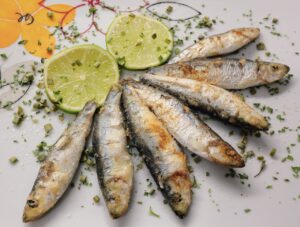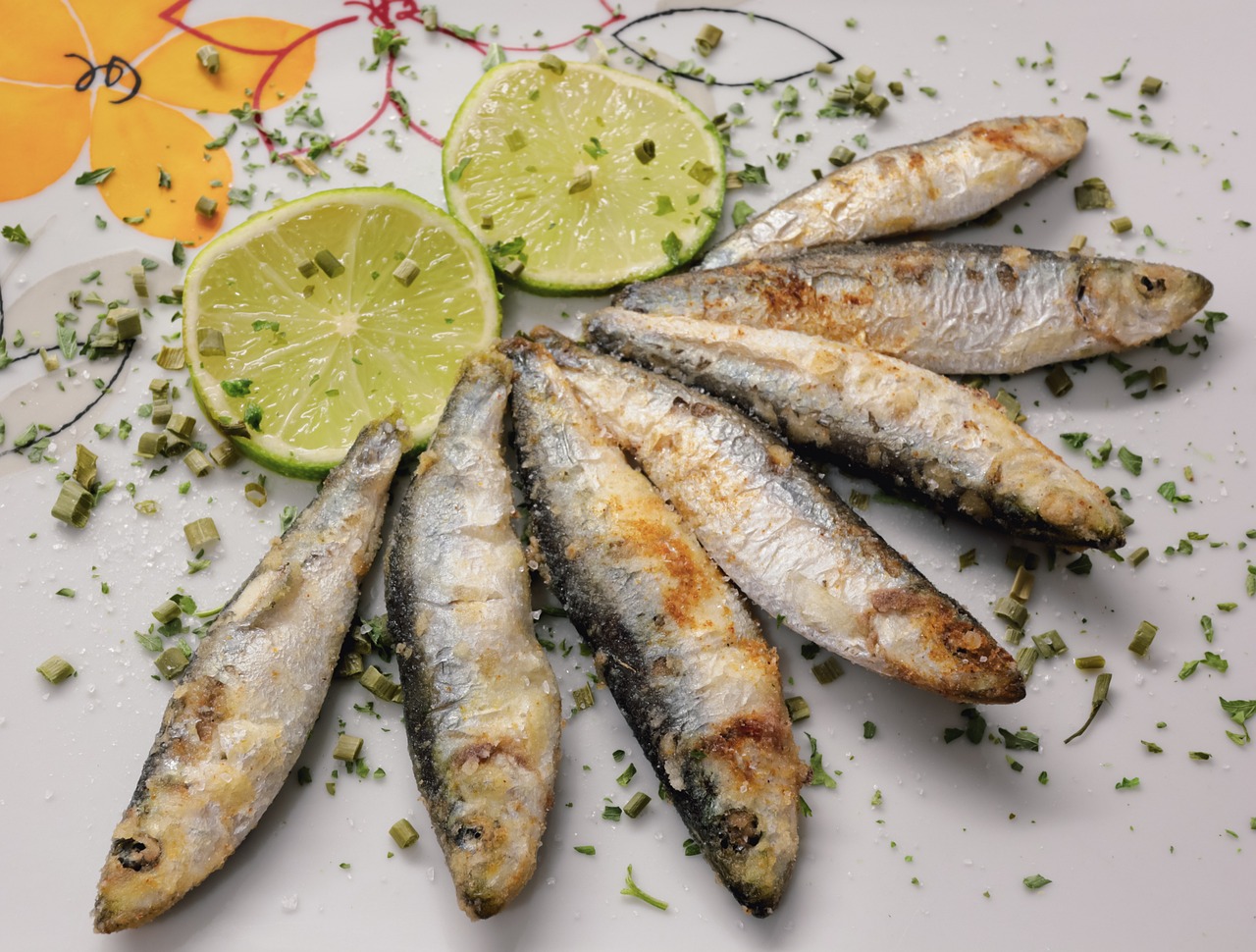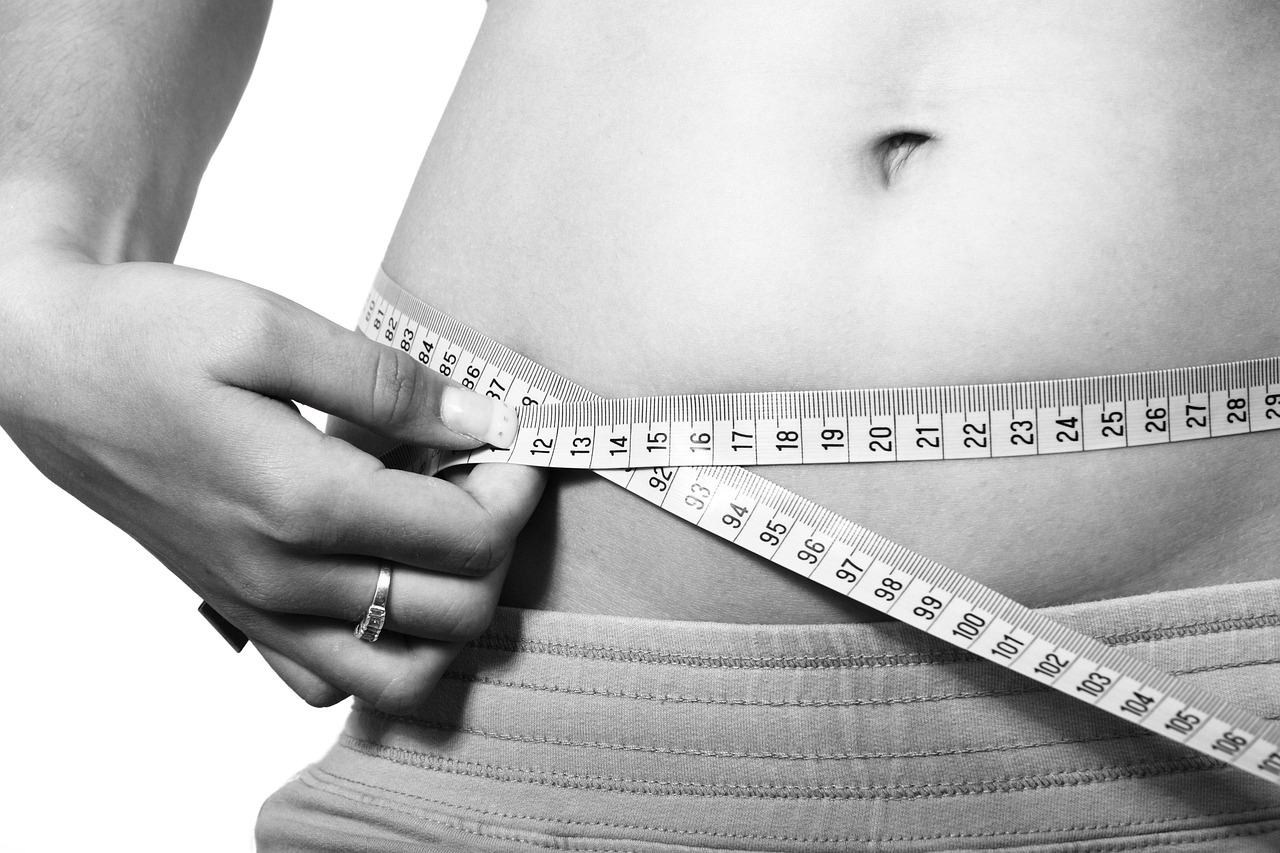What is Coenzyme Q10 And Where is it Most Abundant?
Coenzyme Q10 is a fat-soluble antioxidant, stronger than vitamin E, which participates in energy generation and protects cells from free radicals. Organs for which energy is particularly important for functioning, such as the heart, liver, and kidneys, have the highest concentration of coenzyme Q10.
Coenzyme Q10 is naturally found in our body, which has the ability to synthesize this coenzyme, but after the age of 30, this ability declines.
Coenzyme Q10 can increase the absorption of other essential nutrients in the body. Coenzyme Q10 helps other enzymes do their job.
What does the lack of coenzyme “Q10” mean for the body?
The lack of coenzyme “Q10” in the body also means less energy for the heart and other organs. That is why it is of great importance to consume foods rich in coenzyme Q10, as well as supplements.
At a younger age, only 30 mg of this antioxidant is needed, while the elderly and the sick may need 300, 500 mg, or even more on a daily basis.
Who is coenzyme Q10 recommended for first?
In people with heart disease: (heart failure, arrhythmia, post-infarction conditions, angina pectoris), patients with heart disease have a large deficiency of this antioxidant. For this reason, in the previous half-century, it has been recommended as a safe drug without side effects. So far, numerous clinical studies have been conducted on heart disease and the use of this coenzyme, and CoQ10 has been proven to be extremely effective.
For people with diabetes: it is important to mention that taking coenzyme Q10 lowers blood sugar levels, so it is necessary to consult a doctor regarding the dosage of the drug.
When using statins: drugs against high cholesterol (which lead to a lack of coenzyme “Q10”).
On people with hypertension, and high blood pressure.
Pregnant and lactating women: they are advised to take other supplements (including Q10) in addition to those recommended by their family doctor.
A reduced concentration of coenzyme Q10 can lead to weight gain, weakened immunity, and lack of energy.

Where can you find Q10?
In addition to “CoQ10” supplements that can be found in any pharmacy, below is a list of natural foods in their raw state and the concentration of “Q10” in them. It is important to mention that during heat treatment, the concentration of “CoQ10” can be reduced by up to 20%.
- Beef: heart, liver
- Pork: heart, liver
- Chicken: breast, drumstick, wings
- Fish: Sardines, Mackerel, Salmon, Tuna
- Soybean oil, Olive oil, Grape seed oil, Sunflower oil
- Peanut, Walnut, Sesame, Pistachio, Hazelnut, Almond
- Parsley, Broccoli, Cauliflower, Spinach
- Avocado, Black Currant, Grapes, Strawberries, Oranges, Grapefruit, Apples, Bananas
“It is enough to understand that the essence is in some environment, and that is to eat healthy, and to replenish ourselves with “Q10″ and from supplements. I will not advertise any brand, there are many, and your pharmacist and doctor can definitely give you more advice” – says Jasna Vujicic, dietitian-nutritionist.














Post Comment